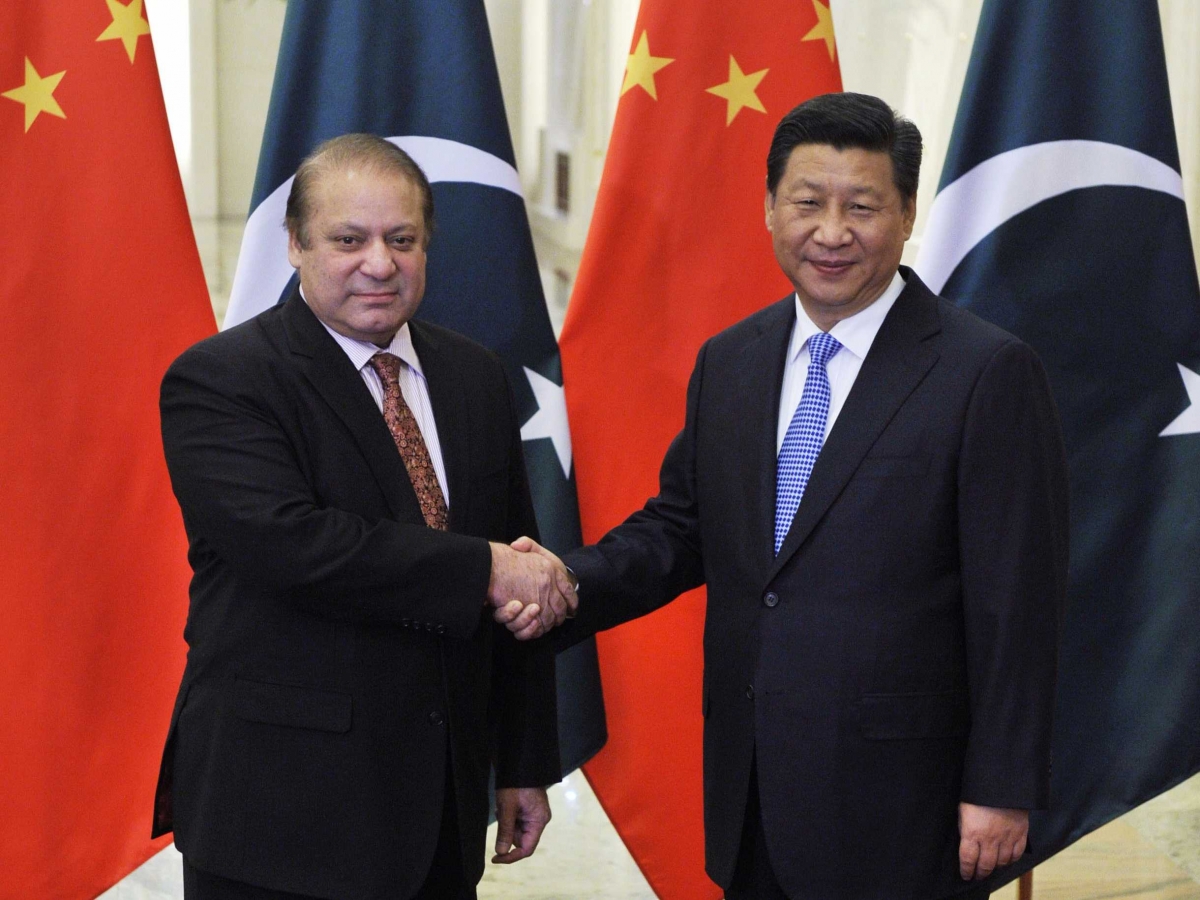Two thousand years ago, China’s Han Dynasty began construction on the Silk Road, an extensive trade network that linked China to markets throughout Asia and the Middle East. The Silk Road was one of the hallmarks of the Han Dynasty’s legacy, whose four-century reign is considered to be a “golden age” of Chinese history. Now President Xi Jinping sees the “New Silk Road” as China’s pathway to a second golden age.
The New Silk Road seeks to enhance China’s regional influence by improving interregional trade, securing stable access to energy resources, and promoting infrastructure development throughout Asia. Stimulating development throughout Asia is also viewed as a means by which extremist movements, especially those that directly affect China’s security, can be checked.
Beijing aims to accomplish these goals through the creation of overland and maritime transport networks. To facilitate overland integration, Xi envisions an extensive system of pipelines, railways, roads, and streamlined border crossings linking the economically and geographically isolated Central Asian states to China and other South Asian countries. To expand maritime trade, Beijing will finance the construction of ports along the Indian Ocean.
Beijing has already made sizeable investments in the New Silk Road, securing trade deals with Kazakhstan, Uzbekistan, and Kyrgyzstan worth $30 billion, $15 billion, and $3 billion, respectively.
However, the focus of Beijing’s development strategy is Pakistan. In April 2015, Xi announced a $46 billion plan to address that nation’s serious energy and infrastructure issues. For Beijing, spurring development in Pakistan’s floundering economy increases trade between longtime allies and addresses security concerns posed by Pakistan’s numerous militant groups.
China sees Pakistan’s insurgency problem through an economic lens; underdevelopment creates an environment where militant groups thrive, so it is assumed that increasing opportunity will reduce the allure of radical ideology for those with few prospects. 
China’s interest in countering extremism in Pakistan is twofold. First, Beijing seeks to protect its investments, primarily the energy corridor that stretches from the Pakistani port city of Gwadar to Kashgar, the economic hub of China’s Xinjiang province. Second, Beijing fears that the extremist ideologies of groups like the Pakistani Taliban and the Balochistan Liberation Army will spill across the border, fomenting separatist sentiment among Xinjiang’s Uighur minority.
On April 15, China acquired 40-year management rights to Pakistan’s Gwadar port, kick-starting construction of its energy corridor. With this acquisition, China improves its access to Middle Eastern oil resources by replacing the current shipping route, which takes 60% of the mainland’s oil through the Strait of Malacca to ports on China’s eastern coast. Transporting oil from Gwadar to Xinjiang not only shortens the shipping distance, but also reduces China’s strategic vulnerability, as Beijing fears the Strait could be blocked during wartime. With rising tensions in the South China Sea, fears over the implications of such a blockade are growing.
However, the proposed energy corridor is not without problems. Gwadar sits on the southern edge of Pakistan’s Balochistan province, an underdeveloped and mountainous region plagued by ongoing civil war. China worries that its oil imports would be disrupted by an escalated conflict between the Pakistani military and Balochistan’s numerous militant groups.
To address this issue, China is allocating $37 billion from its aid package to revamp Pakistan’s failing power grid, a key contributor to the country’s economic woes. One of the main projects is the construction of an Iranian-Pakistani pipeline, which will provide Pakistan with enough fuel to overcome its deep electricity deficit. China anticipates that spurring growth in Pakistan through improved power distribution will address the very security issues that threaten its own energy supply.
Similar logic applies to China’s challenge in Xinjiang. Following the violent 2009 riots in the capital of Urumqi, separatist sentiment among the Muslim Uighur population has flourished. Groups like the East Turkestan Islamic Movement (ETIM) employ radical Islamist ideology to garner support for their separatist cause. Beijing is concerned that ties between the ETIM and militant groups in neighbouring Pakistan will aggravate Uighur separatism, further destabilizing the province. Economic development in Pakistan forms a cornerstone of China’s counter-terrorism strategy.
China’s New Silk Road echoes America’s efforts to stabilize Afghanistan by improving its economy. While the American program there has been unsuccessful in part because of its strained relationship with Pakistan, however, Beijing’s closer ties to Islamabad could prove beneficial to its own initiative.
China and Pakistan are close allies with similar security interests, whereas Pakistani and U.S. interests often diverge. China and Pakistan both seek to limit the influence of groups like the Pakistani Taliban. Conversely, the Pakistanis have a history of supporting the Afghan Taliban and they harbour mistrust towards the Americans. Cooperation with Pakistan could allow China’s development strategy to succeed where America’s failed.
However, economic underdevelopment is not the only factor that contributes to extremism. Feelings of political neglect and cultural change, which often stem from rapid development and modernization, can also stimulate radicalism. Without comprehensive political and social reform, which the New Silk Road neglects, regional extremism is unlikely to subside and a new golden age for China may prove elusive.




